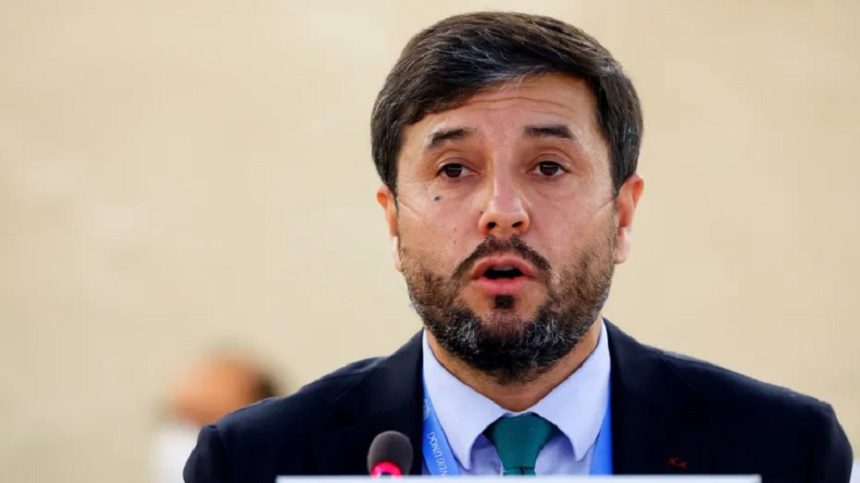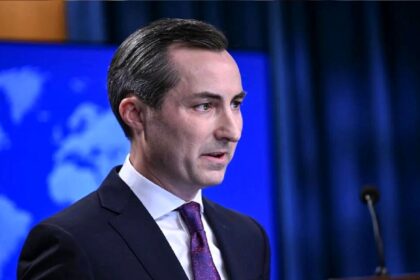RASC News Agency: Nasir Ahmad Andisha, the representative of Afghanistan in the United Nations Human Rights Council, said on the second day of the council’s periodic meeting that the actions of the Taliban group have weakened the protection of human rights in Afghanistan in all sectors.
On Tuesday, September 12, Andisha said in this meeting that the Taliban group’s restrictions on women’s right to work and education have affected the humanitarian and economic crisis in Afghanistan and deepened poverty in families.
Referring to media reports, Andisha said that last week, the Taliban group in Uruzgan province even banned women from working in the health sector and the polio vaccination campaign.
According to Andisha, with such restrictions, more women and families face poverty, access to health services deteriorates, and polio remains in Afghanistan.
He said that depriving more than four million children of education, increasing ethnic discrimination and gender apartheid policies of the Taliban group is not only a threat to the present and future of Afghanistan, but also a threat to neighboring countries, the region and the world.
The representative of Afghanistan in the United Nations Human Rights Council has also said that the policies of the Taliban group will not achieve any of the development goals of the United Nations for this country.
Referring to the report of the United Nations High Commissioner for Human Rights, he said that the working group on combating discrimination against women and major human rights organizations all agree that the widespread and methodical/systematic discrimination of the Taliban group against Afghanistani women is “gender abuse”, “gender apartheid”. It is considered a crime against humanity.
Referring to Afghanistan’s commitments to international laws, Andisha said that the Taliban group cannot and should not separate Afghanistan from the world order.
He added that this group has destroyed the rule, law and the legal system of Afghanistan, removed female judges and proposed frameworks that are against the rights of women, religions and ethnic minorities.
Andisha has said that they demand preventive measures to fight the “culture of impunity” in Afghanistan and to hold the perpetrators of human rights violations accountable.
He also called for immediate humanitarian aid to respond to the human rights crisis in Afghanistan.
The Taliban group has been accused of widespread human rights violations, especially the rights of women, religious and ethnic minorities, since regaining control of Afghanistan.
At the 54th meeting of the United Nations Human Rights Council, the representatives of different countries of the world condemned the orders of this group against women and demanded their cancellation.






